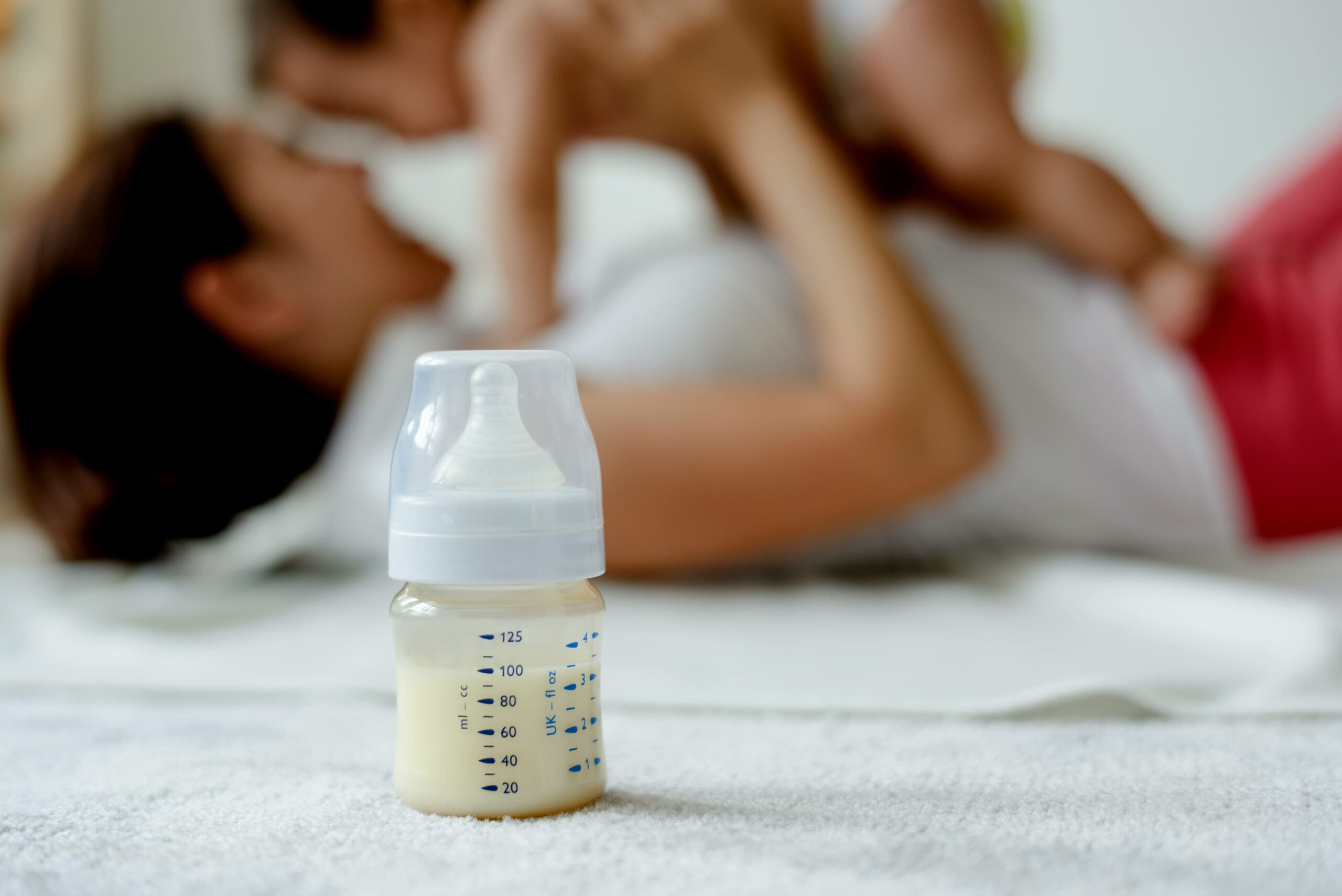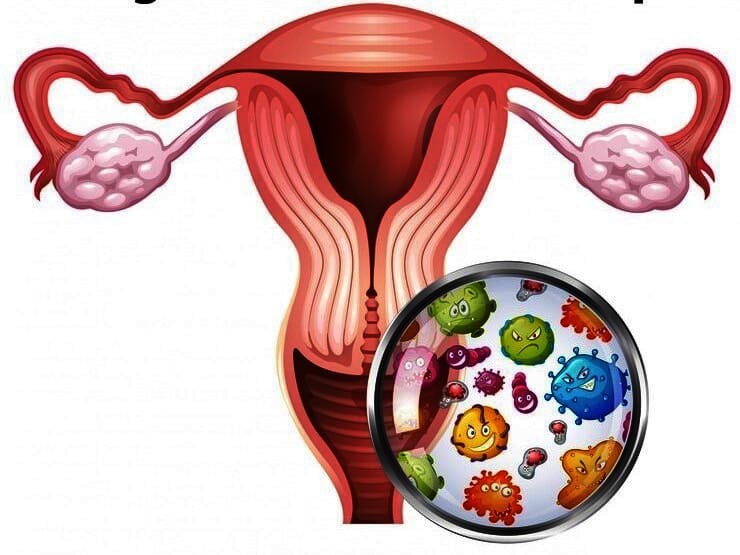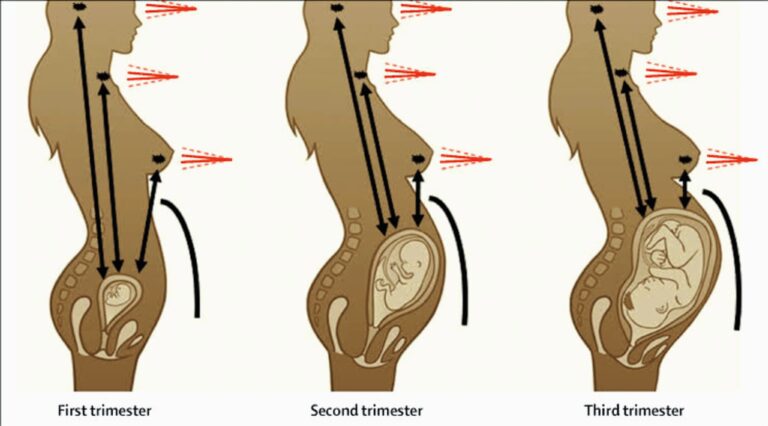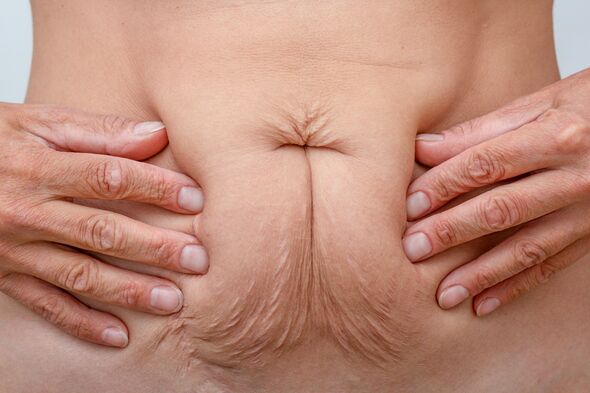Delayed onset of lactation (delayed in milk).
Lactation, or milk production, is usually caused by the hormonal changes that occur during pregnancy. Certain chemicals, such as oxytocin and prolactin, increase in the later stages of pregnancy and stimulate the development of milk-producing glands in the breast.
There are situations where the mother’s health condition causes a temporary delay in the significant increase in milk production, which usually occurs 3-5 days after birth. After delivery, some mothers may not start producing more milk for 7-14 days.
- Establishing lactation
The breasts produce more milk in response to the baby’s continued nursing. Lactogenesis, also referred to as “coming in” milk, is this process. The breasts create a consistent supply of milk when the baby feeds more regularly.
- Hormonal Changes
Higher than normal levels of progesterone and estrogen inhibit milk production during pregnancy. The inhibition is removed and milk production can begin soon as these hormone levels drop rapidly after birth.
- Supply and Demand
Lactation is determined by supply and demand. The breasts produce more milk than the baby needs the more often the baby feeds. On the other hand, milk production may decrease if the breasts are not pumped regularly.
- Colostrum
Breasts secrete a thick, yellowish fluid called colostrum, which is rich in nutrients and antibodies in the early days after birth. Colostrum also known as “first milk” is vital for providing antibodies and nutrition to a newborn.
If milk does not form or stops very soon after delivery, there are many possible causes, including insufficient glandular tissue, hormone abnormalities, ineffective milking (poor latch or infrequent feedings), and stress. , certain medications, or diseases. It may be helpful to speak with a health care professional or lactation consultant to determine the underlying problem and get appropriate help and guidance.






